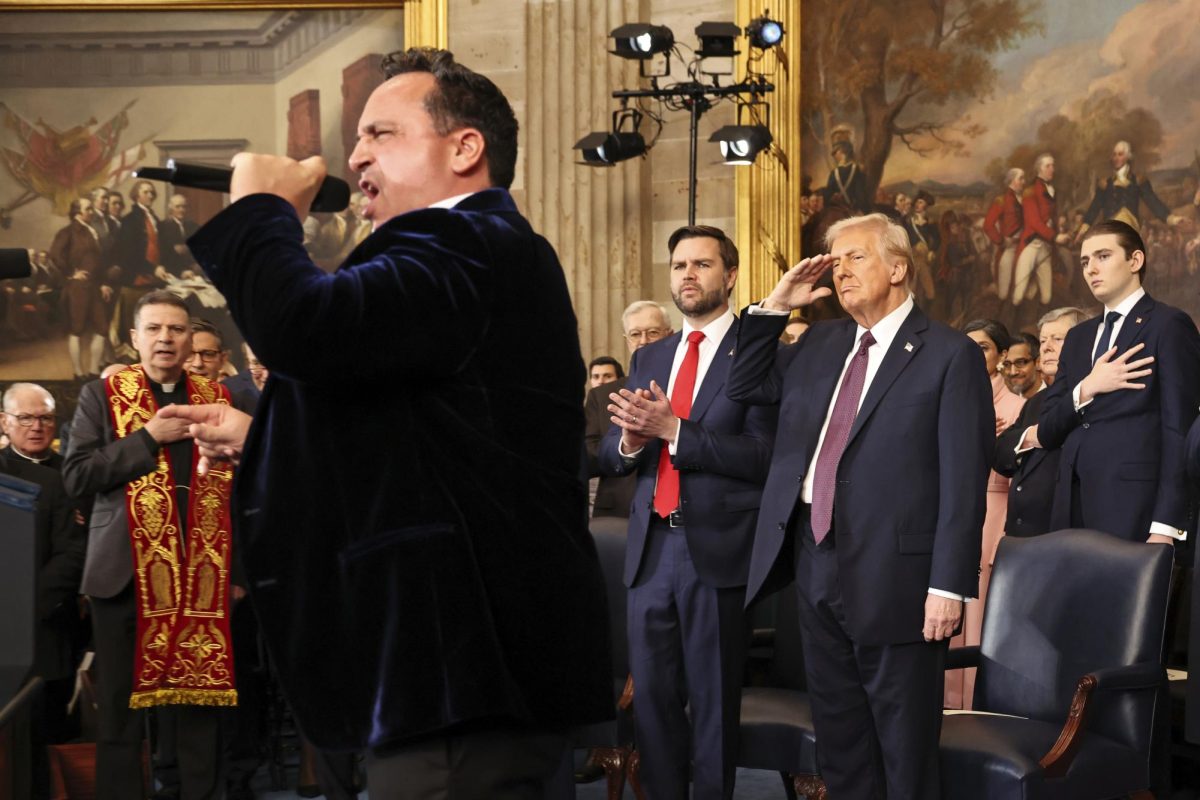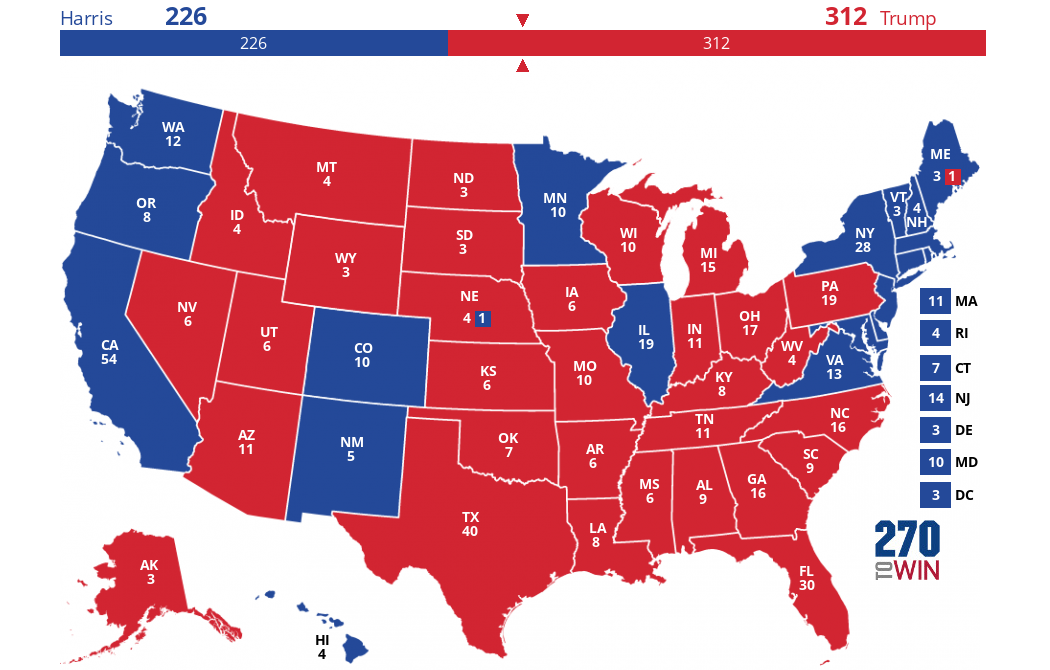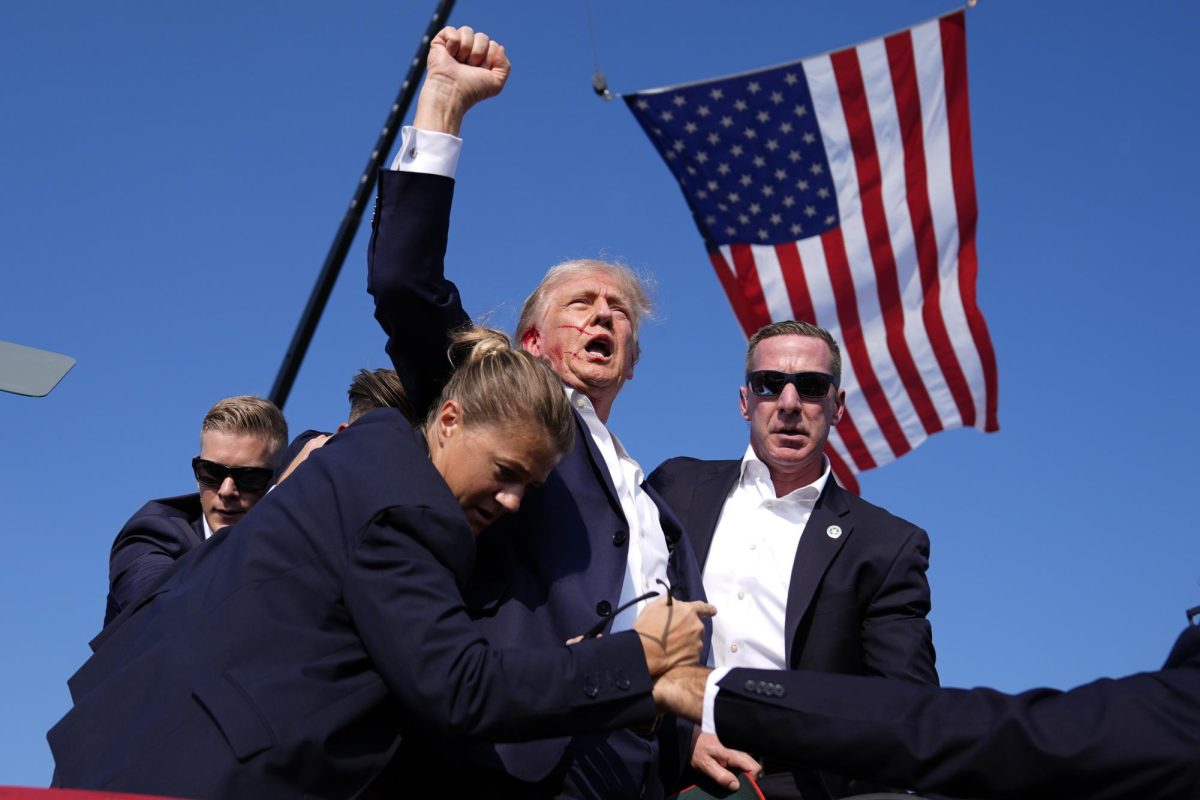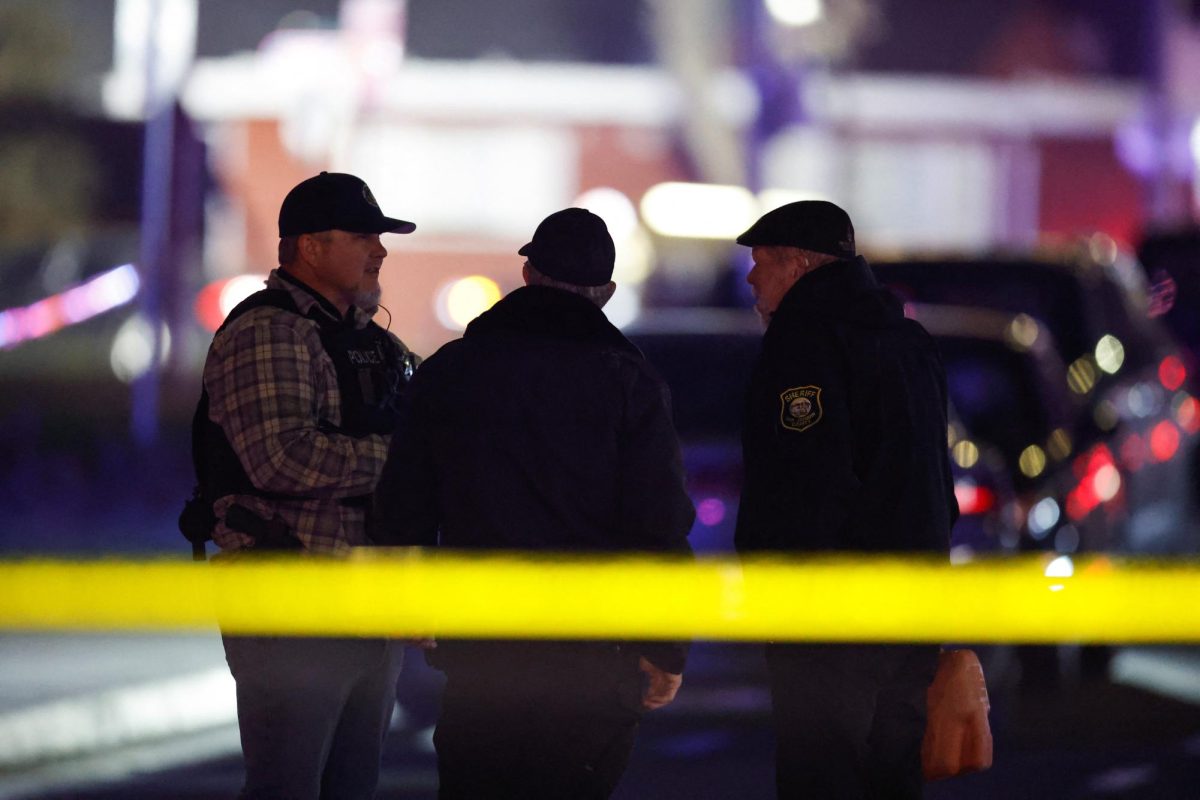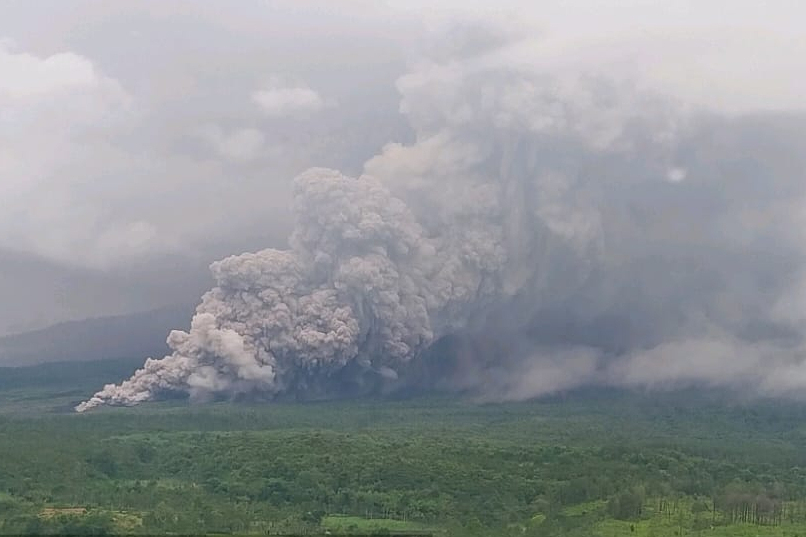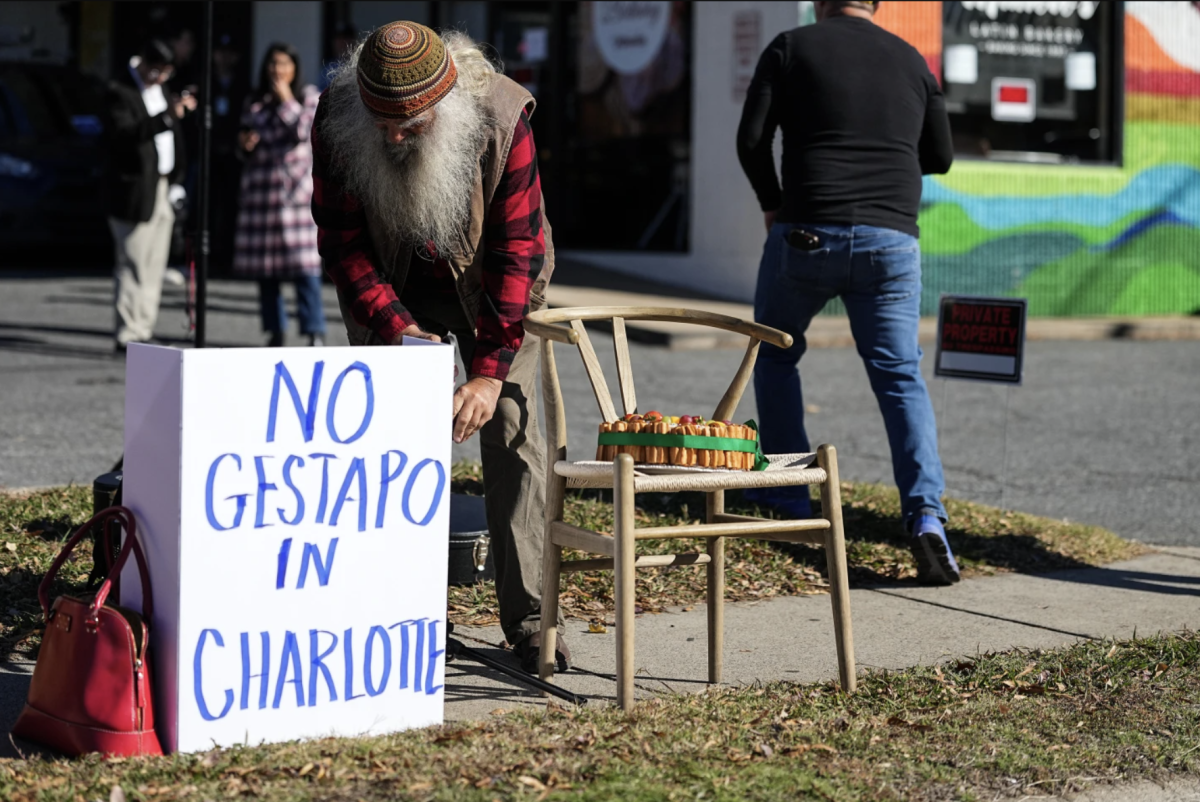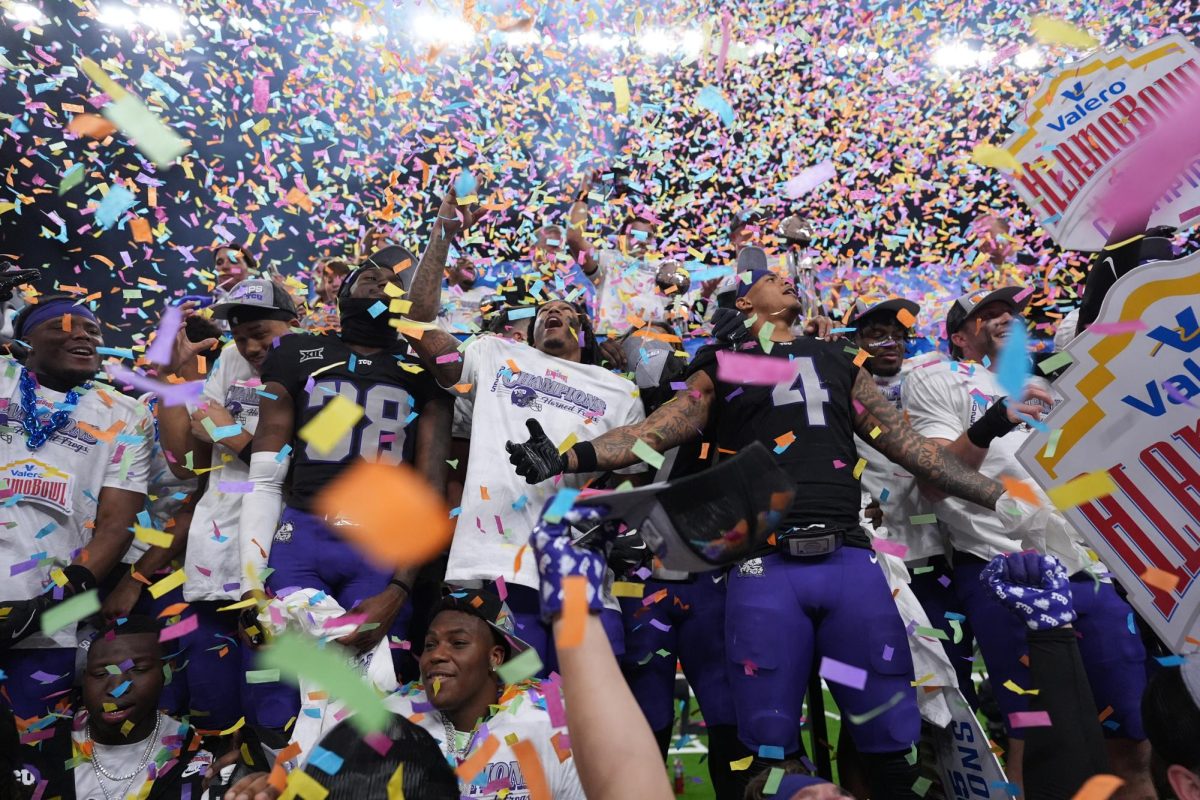Texans are voting today in primary races that will shape the November general election. Check back throughout the day and later this evening for PolitiFrog’s coverage of the elections and results.
8:30 p.m.: Texas races called for Biden, Trump, Cruz
Reporting by Ella Mercer
The Associated Press has projected Donald Trump and Joe Biden will win their respective primaries in Texas.
Trump is ahead in the polls by about 50%, while Biden earned a whopping 86.8% of the Democratic vote in the Lone Star State.
Over 40% of Texas polls are reporting, including Dallas, Tarrant, Travis and Harris counties.
AP estimated that Trump won three-fourths of the vote in Fort Worth.
Ted Cruz won the Republican Senate primary, defeating challengers Redd Gibson and Rufus Lopez.
8 p.m.: The real heroes of Super Tuesday
Reporting by Esra Ghanim and Clay Chiariello
Poll workers are essential for elections to run smoothly, but these workers are often overlooked by the public. They can put in over 12 hours on Election Day to make sure voting rules are being followed.
Tarrant County alone will have around 2,500 people working the polls. The job is so much more than just verifying identification: often, these workers arrive to the polling sites before the sun rises to ensure everything is set up correctly.
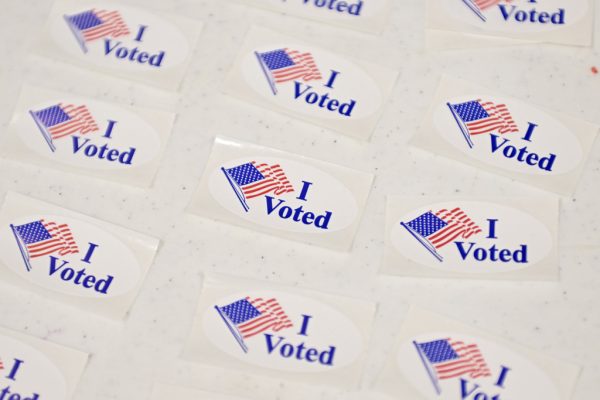
“What really gets me is I have to be here at 5:30 this morning,” said Christine Kerl, an election judge for the Democratic party. “I’ve been up since three. I’m tired, and it’s not even noon yet. By the time this is all over I probably won’t be home until nine.”
Today voters at the Como Community Center were greeted by several poll workers as they made their way to the polls.
Several of the poll greeters were directly affiliated with a candidate, while others were representing a party or ideology.
Some poll greeters, like Lisa Ross, were at the polls for early voting election days too.
“I’ve been here a couple of times this week and they’ve really tried to make it a good process,” Ross said.
At the Como Community Center, voters were in and out of the election site within minutes.
5 p.m.: Confusion and frustration among rural voters
Reporting by Shalyn Minshew
Long lines, confusing wording on ballots, and the feeling that politicians aren’t listening are a few of the concerns for the residents in the rural town of Mabank, Texas.
Mabank has a total population of 4,562 as of 2021 and has only one voting location in the town. why many residents use early voting as their primary way to vote.

“I prefer early voting because I want to get it over with and hate the crowds on election day,” said Amanda Brock, a registered nurse who lives in Mabank.
Much like voters across the country, Mabank residents also believe politicians ignore their concerns and community needs.
According to The Washington Post, rural voters care about what we might call “geographic inequity” — the idea that rural areas receive less than their fair share from the government, are ignored by politicians, and are mocked and derided in popular culture.
“I don’t think most politicians are listening to us. I think they listen to who bankrolls them and they are quickly led away from their ideals by PAC money,” Brock said.
Elizabeth Patrick, escrow officer and Mabank resident, said “None of the politicians listen to our community needs. They all (local and federal) say what you want to hear to get elected then do what their agenda is.”
4 p.m.: First-time voters speak out
Reporting by Shaylin Smith
First time voters are speaking out today.
Gen Z voters are enthusiastically out at the polls and are expected to play a large role in this year’s election as nearly 16 million Americans have reached voting age since 2020.
“This year I am voting in my first presidential election and I am basing my vote on what candidate I believe will most positively affect the economy and my ability to have a good job with the highest wages upon graduation,” Lizzie Imperato, a TCU student, said.
Other first-time voters expressed concerns about the rising cost of healthcare, housing costs and student loan debt. Maria Riley, a 20-year-old not currently attending college, spoke of her concern about climate change.
“I want my vote in this election to show my concern about the lack of structure in our immigration process and what I see as adversely affecting our safety in America,” Ryan Napoli, a TCU sophomore, said.
oters cast their first votes in this primary election, they hope for changes in a range of issues. As Texas offers 161 delegates, the impact of young voters is pivotal in determining the Republican candidate for office.
3 p.m.: TCU students not voting due to lack of polling place on campus
Reporting by Zahra Ahmad
Pendeza Mulibea, a senior biology major from Utah, says she didn’t vote in the primary because she isn’t registered in Texas. Mulibea said it was “just a hassle to change [her] address and register in Texas. If TCU had polling locations on campus it “would be more convenient” to go out and vote, she said.
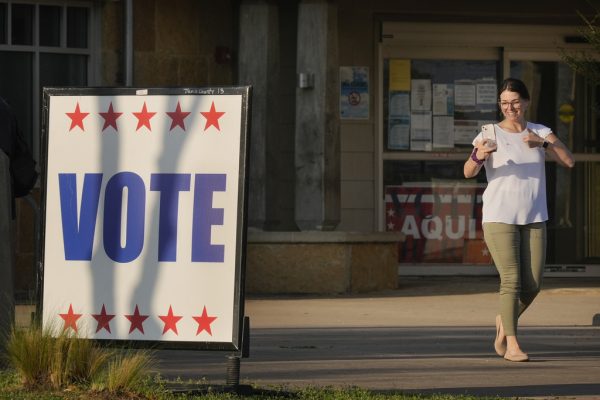
The last time TCU had polling places on campus was before the COVID-19 pandemic. TCU has not since done polling on campus.
“It’s not about what would get young people to vote more, it is more about whether they care,” Mulibea said. “A lot of it has to do with ‘if it doesn’t affect me directly, why would I care to vote about it?’, and some young people feel their vote can only do so much at the federal level.”
Dania Ahmed, a TCU sophomore nursing major, says she did not vote because she was in class, there were no polling locations on campus and she had to go to work.
Ahmed said she believes in the power of voting and will vote in the future because she cares about “issues like what’s going in Palestine, literally a mass genocide, and any kind of social inequality or injustice.”
2 p.m.: Out-of-state TCU students navigate voting in primaries
Reporting by Ella Funke and Josie Straface
With 60% of TCU students coming from out of state, some are wondering how they will navigate election season.
Many out-of-state students are registered to vote in their home state, so they must request an absentee ballot if they want to participate in the primary elections.
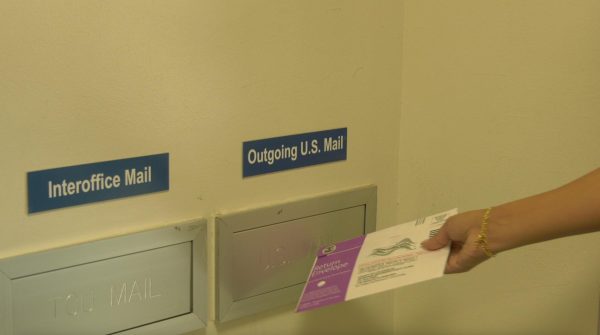
Marshall Bergman, a junior political science major from Milwaukee, Wisc., planned ahead to ensure he will be able to vote in the Wisconsin primaries.
“I plan on voting in the primaries, but they are not for another month, so I will get a mail-in ballot then,” Bergman said.
However, there are a number of out-of-state students who will not take part in the primaries because of the inconvenience of registering and absentee voting.
“I’m not registered to vote just because I honestly don’t really know how,” said Katherine Richey, a sophomore biology major from Alexandria, LA.
Students from Texas are able to go to the polls to cast their votes in the state’s primary elections.
Jazmine Velasquez, a senior political science major from Arlington, Texas, said she plans to go to the elementary school near her house to vote.
According to the Texas Tribune, voters under 30 have one of the lowest turnout rates out of all age groups. College students fall into that category, contributing to the low turnout rate because of the obstacles they face to voting.
>It is not too late to register to vote in the general election later this year. Visit your state’s secretary of state website for more information.
12 p.m.: Fort Worth working class making time to vote in the primary
Reporting by Caleb Gottry
Despite long working days starting early in the morning, grocery store employees and one Trinity Metro bus driver are making time to vote in the Texas primary.
“Voting is very important,” Leslie Douglas said as he grabbed the trash bags from the cans in the Kroger parking lot off of University Drive. “If you don’t vote, why throw your opinion out? To make your opinion count, you have to vote.”
Douglas started work in the early morning, but said when he gets off at 1 p.m., he is headed for the polls. According to the =Office of the Texas Secretary of State<, polls opened this morning at 7 a.m. and will close tonight at 7 p.m.
For John Valle, another Kroger employee, he chose to cast his vote in the Texas primary early.
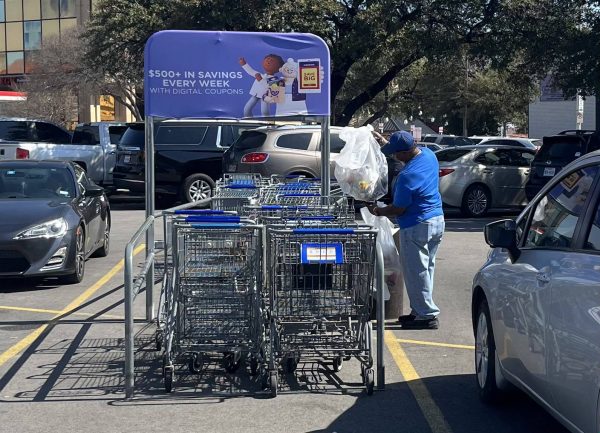
“I’ve been voting since I turned 18,” Valle said. “I look at it as a civic duty as a part of being an American citizen.”
Texas was the first state to offer early voting, offering the option for the first time in the 1980s. This year, early voting took place from Feb. 20 to March 1.
Like Douglas, Eddie McFarlane, a bus driver for Trinity Metro, plans to vote after he gets off work. He said it is important for every person to vote, no matter how they choose to cast their ballot.
All three individuals viewed voting as an obligation and an opportunity. For Douglas, he said he tries to find the candidates that will most commit to what they say they say they’re going to do. He said he takes his responsibility to vote seriously.
“We the American people speak for the people,” he said. “They can’t do nothing without us. That’s why we vote. We vote to put the right person in the right place.”
10 a.m.: Just how super is Super Tuesday?
Reporting by Ellie Griffin
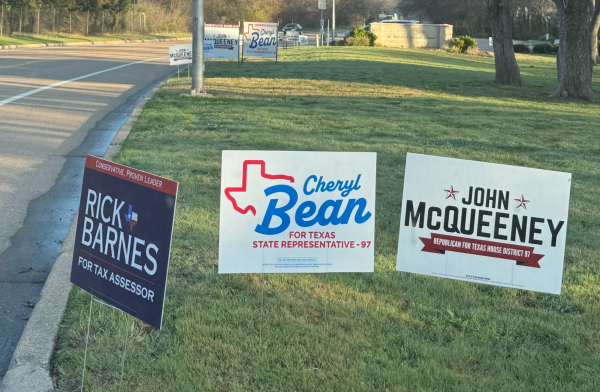
Here’s why today’s results may prove to be crucial for the Republican primary: There are a total of 2,429 delegates available for the Republican party. 865 of those delegates are available for the taking on Super Tuesday.
In order to win the nomination, a candidate needs to secure 1,215. If Trump won all available delegates, he would be only 74 shy of winning the Republican nomination.
“Super Tuesday is very important,” said Kevin Thaman, a Tarrant County voter. “So much information comes from today. There are so many delegates available for primary candidates.”
Thaman went on to say that even for states that will vote at a later point, Super Tuesday is still important. It has the power to sway the public image of a candidate.
Other voters, like Kantener, argue that Super Tuesday does not hold the power that it should.
“Because of all the other states that vote before Super Tuesday,” Kantener claimed, “many people think that their vote doesn’t matter or that it doesn’t really count.”
For the full version of this explainer, click here.
8 a.m.: It’s voting weather: sun and warm temperatures expected throughout the day
Reporting by Alexandra Plancarte
Voters showed up at Paschal High School this morning, one of the many polling locations in Tarrant County. Morning temperatures are in the 60s with sunny conditions. Afternoon temps will top out at 81 degrees with sun all day.
7:30 a.m.: Voters casting ballots before going to work
Reporting by Ella Hestand
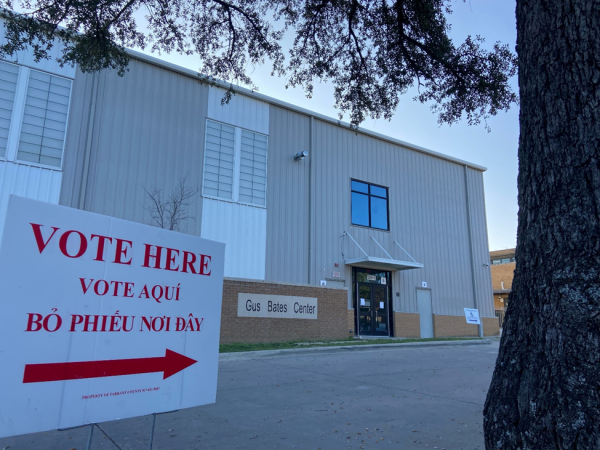
Voters at R.L. Paschal High School lined up to do their civic duty before the start of their workday. Others hustled along to cast their primary votes before dropping their children off at school.
Tarrant County resident Constantine Phiripes came early to the polls to “just get it over with” as he took a special interest in the presidential and senatorial candidates.
James Fougerousse, with a smile on his face and an “I Voted” sticker proudly displayed on his chest, said he works at 7:30 a.m. and lives two blocks down the street.
“It’s easy, and I always try to get it in before work,” Fougerousse said.
There are many aspects to consider when voting for who one believes to be the best candidate, and the 7:00 a.m. crowd was confident in their preferred candidates’ qualifications.
“I’m not here to vote for any frantic far left candidates, any communists, or any politicians that support globalism,” David See, a Tarrant County resident, said as he exited the Gus Bates Center.
“The most important thing to me is protecting democracy and stopping authoritarianism,” Fougerousse said.
The presidential race was not the only priority for voters this primary as they evaluated candidates in all branches of government.
“I’m highly motivated by the judicial races,” lawyer Pamela Boggess said after placing yard signs for candidate George Gallagher outside the center. “There’s court of criminal appeals and some criminal district courts that are on the ballot, and that specialized experience that’s required to get those decisions right are some of what I’m most interested in in these races.”
7 a.m.: Border security, abortion among motivating issues for voters
Reporting by Jordan Montgomery and Hannah Dollar
Voters at Paschal High School turned out early this morning to cast their ballots. Voters and election staff voiced their opinions on what they see as the most important issues this election cycle.


